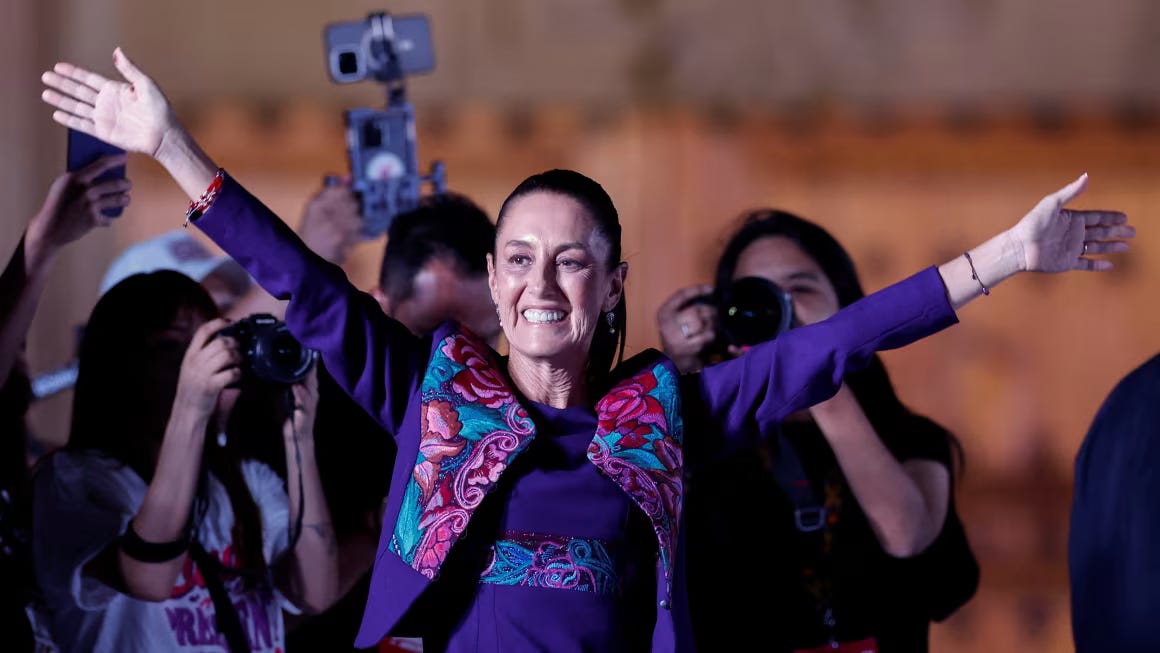Power Without Women Is Dangerous: Why More Women Must Run for Office
When politics is run by men, women’s lives become collateral damage — parity is a matter of public safety.

When men hold nearly all the power, women and girls pay the price. That has been the reality of governments, parliaments, and presidencies since the beginning of time. The consequences are written across history: wars waged, right…




